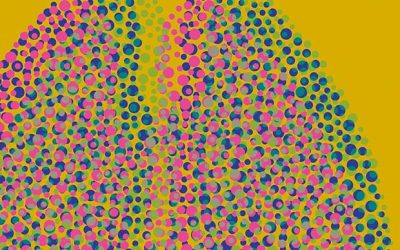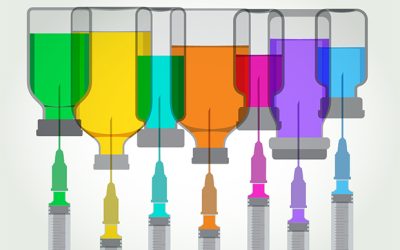Findings highlight a potential new drug candidate that may delay disease progression
Scientists have discovered a new treatment that slows the progression of neurodegenerative disease in mice. The breakthrough research may offer hope in tackling currently untreatable conditions such as Alzheimer’s disease (AD).
The study, led by researchers at the University of Glasgow’s new Advanced Research Centre (ARC). discovered that by using a novel drug – which selectively activates a brain protein called the M1-receptor – the lifespan of mice suffering from neurodegeneration could be extended.
At present, treatments for AD can only target symptoms, including memory impairment, and previous attempts to establish a drug that can slow down the disease have been unsuccessful.
The study demonstrates how many of the features of human AD, including memory loss and brain inflammation, could be treated in mice when they were given the new drug, known as a positive allosteric modulator or M1-PAM. The study also indicated that, in addition to treating symptoms, M1-PAMs may also be able to slow the overall progression of the disease.
The drug has emerged after over a decade of research from the teams at Vanderbilt University in Nashville, Tennessee and the University of Glasgow. Meanwhile, The Vanderbilt University team are currently testing an M1-PAM in humans as a treatment for memory loss in AD patients.
Dr Sophie Bradley, honorary senior research fellow at the University of Glasgow and co-corresponding author of the paper, reflected: “This study adds further support to the rationale for targeting M1 muscarinic acetylcholine receptors in neurodegenerative diseases, such as AD, and raises the possibility that this target may mediate disease modifying effects in addition to improving symptoms associated with the disease.”
Andrew Tobin, professor of molecular pharmacology at the University of Glasgow, added: “The world desperately needs clues as to how to stop neurodegenerative diseases like AD – and our study is of critical importance as we show that many of the features of the disease seen in our animal model can be halted by our drug treatment.”
The University of Glasgow’s £116m ARC provides a collaborative environment which enables researchers from a range of disciplines to work side-by-side to address major healthcare challenges such as AD.
AD remains the most common form of neurodegenerative disease, affecting more than 850,000 people in the UK and over 55 million worldwide.










